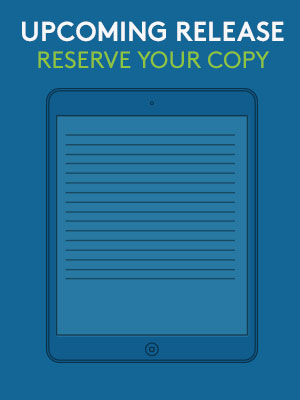
Sign up to save your library
With an OverDrive account, you can save your favorite libraries for at-a-glance information about availability. Find out more about OverDrive accounts.
Find this title in Libby, the library reading app by OverDrive.



Search for a digital library with this title
Title found at these libraries:
| Library Name | Distance |
|---|---|
| Loading... |
The AI Ideal: Aidealism and the Governance of AI, Dr. Niklas Lidströmer presents a bold alternative to the prevailing AI doom narratives. While nearly all other experts focus solely on warning of catastrophe, Dr Lidströmer also offers an actionable vision for ensuring AI strengthens democracy, ethics, and human dignity. Instead of allowing AI to concentrate power in the hands of a few, he argues for a new global framework—one where AI serves justice, enlightenment, and human betterment. Rooted in European Enlightenment ideals, Scandinavian social model and liberalism, and Swiss direct democracy, Aidealism rejects extreme ideologies and champions pragmatic, ethical, and forward-thinking solutions. From free education and healthcare to AI-driven economic justice and climate responsibility, this book explores how AI can help build a sustainable, free, and prosperous world—if we act now. Yet Aidealism does not promise utopia. The risks are real. The threats are mounting. AI could empower autocrats, disrupt economies, and undermine human agency. But it could also be our greatest tool for wisdom, fairness, and progress—if governed with foresight and courage. This book explicitly gives a manifesto for practical action. An action plan for how to harness and use AI for the common good, so that it benefits us all, rather than the few. The book elaborates on the daily conundrums of the human species; our nature, origins, goodness and cruelty, memes, hierarchies, political structures and how to build a fairer, more just, peaceful and benevolent society. It also tries to explain the core of AI for the general audience. It delves into a very broad range of areas, from philosophy to music, politics to ethics, and mathematics and physics to sociology and medicine. It tries to usher in an technological Enlightenment to save us from the threat of a malign and Machiavellian use of AI. This is not another AI dystopia, nor is it blind optimism. It is a manifesto for action—a call to use AI not just to enhance intelligence, but to make humanity nobler. The AI revolution is not something happening to us—it is something happening through us. The only question is: Will we build wisely? For those seeking a visionary, constructive, and ethically grounded roadmap for AI—one written in the spirit of true idealism—this book is essential reading. Presents the critical issue of values in AI use, which is important given the proliferation of generative AI. Provides robust and broad education on what AI is, and how it relates to history, science, philosophy, politics, including challenges and how to mitigate tangible threats. Explains how AI, guided wisely, can make humanity nobler, wiser, better. Provides concrete prompts on precisely how to guide and build AI in an optimal, i.e., ideal way. Presents an 'AI Ideal' and frameworks for the cause of the positivistic and practical term 'AIdealism.' In this manner, the author presents a new philosophy in the age of the AI revolution.







